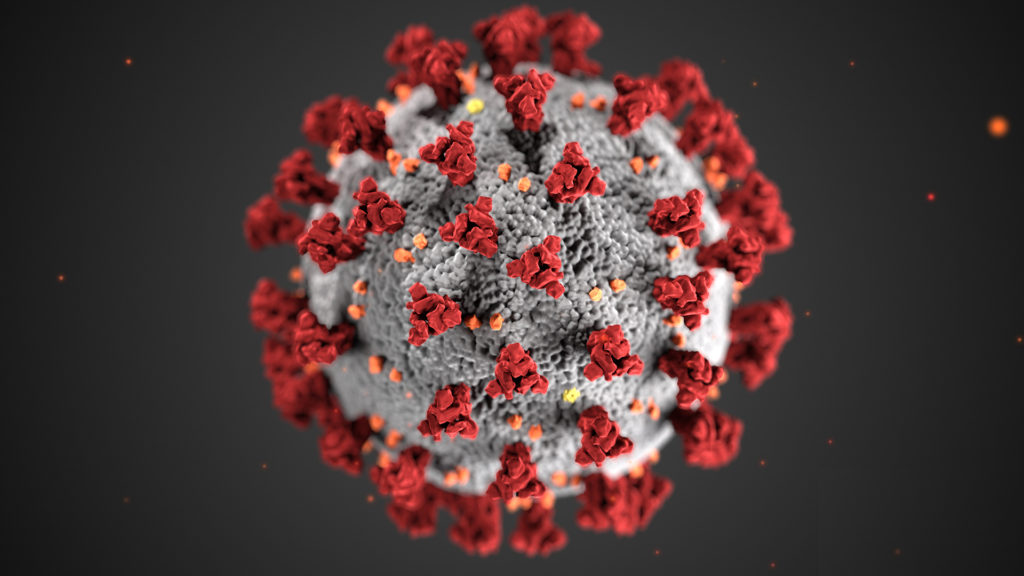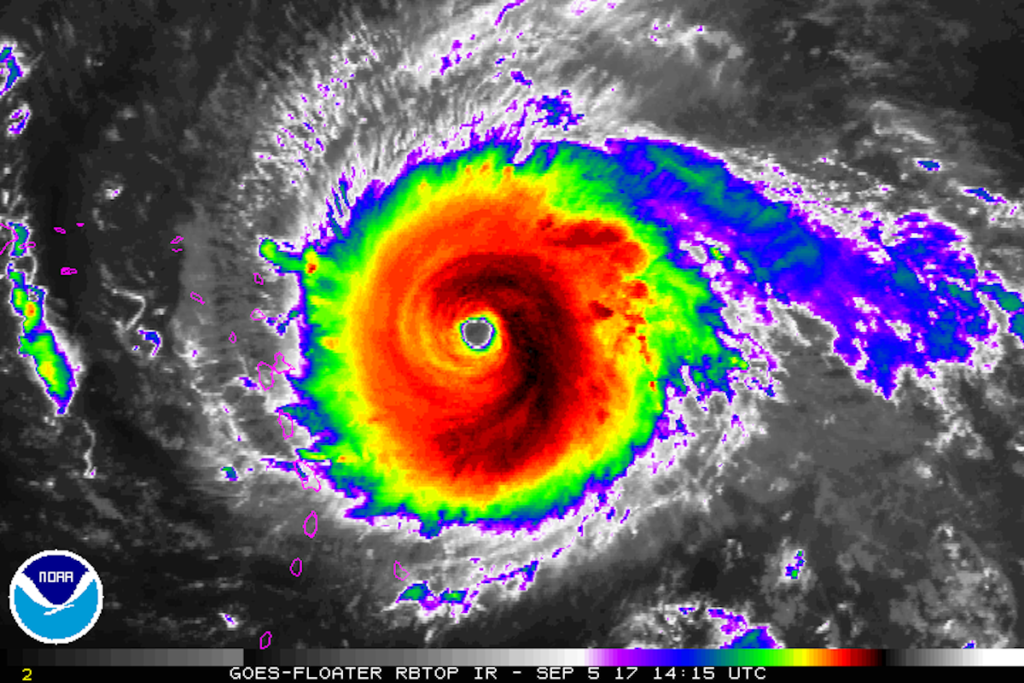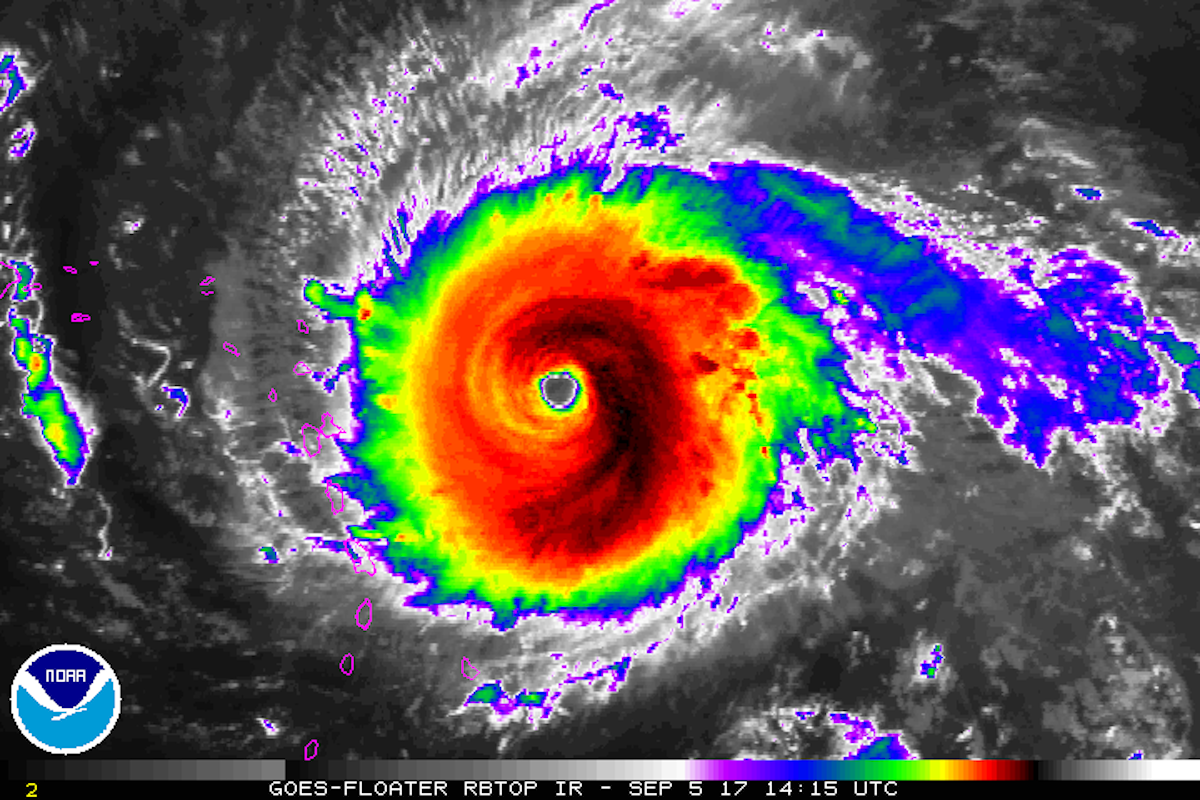 April 29, 2020 (Click here for .pdf version)
April 29, 2020 (Click here for .pdf version)
Is it Time to Dip a Toe into the Community Pool?
As state and local governments begin gradually easing their lock down and coronavirus related restrictions, community associations are struggling to decide when and how to start reopening their community pools and tennis/pickleball courts. In doing so, each community association is going to have to strictly follow a patchwork of federal, state and sometimes local/city restrictions and guidelines.
There is no need to rush, there are no federal, state or local mandates requiring community associations to open their pools and tennis/pickleball courts. In fact, as long as the federal or state emergency declarations remain in place, community associations can decide to keep their pools and tennis/pickleball courts closed. For some community associations, the governmental requirements to open their pools and tennis/pickleball courts will be too costly or impractical at this point to consider.
The first step to determine the guidelines for opening your community association’s pool and tennis/pickleball court is to locate the state, county and local/city emergency orders governing your community association. The best place to locate the most up to date state, county and local/city emergency orders is at: https://covid-19.lobbytools.com/. For your convenience, I posted the emergency orders pertaining to community association pools and tennis/pickleball courts for Broward County (click here) and Palm Beach County (click here). We are also expecting an order from the governor today as well.
Each community association should review the orders governing their location with the assistance of their attorney. In doing so, you may notice some governmental orders conflict. For example, a city a may require an extra precaution not required by the county. In such, instances, you should check with your attorney before proceeding. As a general rule, the more restrictive requirement should be followed.
Following are some highlights from the Palm Beach County and Broward County emergency orders pertaining to the opening of pools and tennis/pickleball courts:
Palm Beach County:
Continued adherence of CDC guidelines, including while in the pool, is required. Community associations are responsible for ensuring compliance. Therefore, if members violate the guidelines both the member and the association could be fined. The CDC guidelines for social distancing can be found here:
https://www.cdc.gov/coronavirus/2019-ncov/prevent-getting-sick/social-distancing.html
A. Tennis Courts: Tennis and outdoor racquet facilities shall reopen provided that CDC Guidelines, including all social distancing guidelines, are adhered to. In addition, the following restrictions shall apply:
1. Singles play only is permitted. No congregating on the court or sidelines is permitted.
2. Locker room and shower facilities shall remain closed. Restrooms must be cleaned and disinfected regularly throughout the day. Soap and water or hand sanitizer and/or disinfectant wipes shall be provided in each restroom.
3. It is the responsibility of staff or management to ensure compliance with this order.
B. Community Pools: Community pools shall reopen provided that CDC Guidelines, including all social distancing guidelines, are adhered to. In addition, the following restrictions shall apply:
1. Pool capacity shall be limited to ensure that social distancing in accordance with CDC Guidelines is maintained at all times.
2. Locker room and shower facilities shall remain closed. Restrooms shall be cleaned and disinfected regularly throughout the day. Soap and water or hand sanitizer and/or disinfectant wipes shall be provided in each restroom.
3. Pool deck seating or lounging shall be restricted to ensure social distancing in accordance with CDC Guidelines.
4. One or more facility staff or management must be present at each facility location to monitor and ensure compliance with the restrictions within this order.
Broward County:
Continued adherence of CDC guidelines, including while in the pool, is required. Community associations are responsible for ensuring compliance. Therefore, if members violate the guidelines both the member and the association could be fined. The CDC guidelines for social distancing can be found here:
https://www.cdc.gov/coronavirus/2019-ncov/prevent-getting-sick/social-distancing.html
A. Pools. The pool deck and pool can only be used by current residents; six (6) foot social distancing CDC guidelines are adhered to; pool deck and pool occupancy are limited to no greater than 50% capacity; and either:
(1) the use of the pool deck and pool are supervised by a sufficient number of
employees or other person(s) designated by the housing development during the hours
in which they are used to ensure compliance with the requirements of this section, and
employees or other designees of the housing development sanitize the facility’s pool
chairs, railings, gates, tables, showers, and other equipment at the pool and pool deck on
a regular basis;
or
(2) all furnishings are removed from the pool deck.
B. Tennis. Use of tennis courts and pickle ball courts is limited to residents only shall be limited to a maximum of two people on the court at any one time (i.e., singles play only), and disc golf courses limited to singles play. Basketball courts are limited to individual use (no multiplayers or pick-up games are permitted, with the exception of games such as “horse”), and social distancing must be maintained at all times. Racquetball courts are limited to a maximum of one person on the court at any one time.
Stay tuned for more. In the meantime, be safe and be well.



